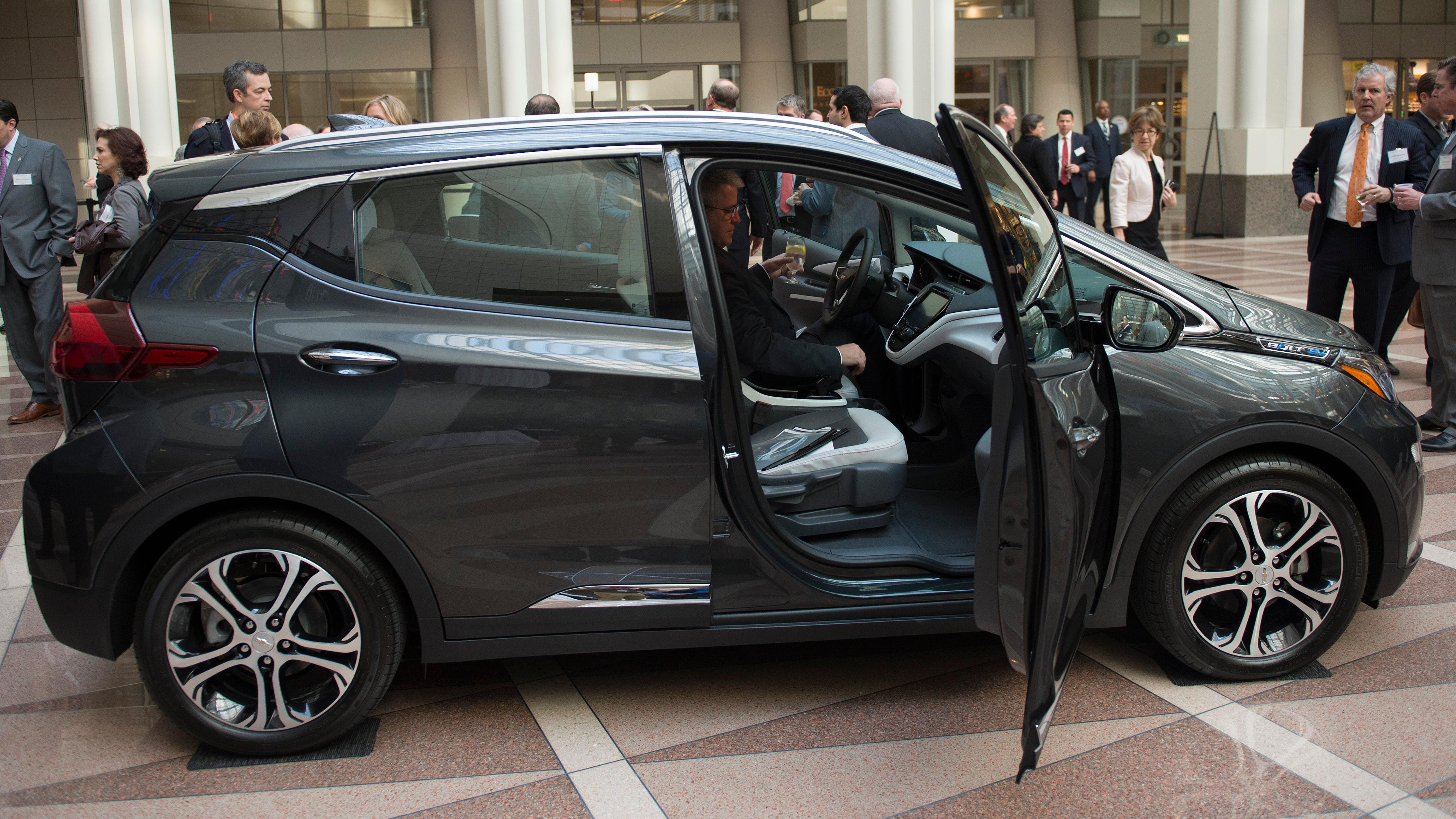GM Is Right About The Federal EV Tax Credit
Electric vehicles from General Motors haven't been eligible for the $7,500 federal tax credit for over a year now. For obvious reasons, GM now says they want it back. You know what? GM is right.
The tax credit phases out after an automaker sells more than 200,000 plug-in electric vehicles, whether those are battery-electric cars or plug-in electric hybrids. So far, only GM and Tesla have sold enough of such cars to be phased out. That means competitors like Audi, Ford, Hyundai, Nissan, Porsche have an opening, even though EVs across the board are still pretty expensive.
Still, the 200,000 cap shouldn't exist, if the goal of all of this is to get as many electric vehicles on the streets as possible and, you know, help save the world. GM, for selfish reasons, agrees, per Automotive News; I have to say, when GM is right it is right.
"Given all the potential barriers to adoption and the fact that we need to get moving along that curve, I think incentives in many different forms enter into the conversation," [Steve Carlisle, president of GM North America] said. "A level playing field is a reasonable thing to aspire to."
CEO Mary Barra told CNBC last week that GM shouldn't be penalized for launching EVs earlier than every other U.S. automaker except Tesla, whose credits expired in 2018.
"That tax credit of $7,500 is significant in a purchase decision," Barra said.
"We'd like to see that [cap] lifted and let the marketplace decide and not penalize first movers."
Barra's language is a bit in-artful here, since truly letting the marketplace decide would mean, of course, having no EV subsidy at all. The tax credit is there because the market was deciding and the market's decision posed an existential threat to the world.
Anyway, all of this is a bit academic given how pricey EVs are, and given that GM's next EVs beyond the Bolt EUV and Bolt EV are luxury products like the Hummer EV and the Cadillac Lyriq. The buyers of those might care about the tax credit, too, but, again, the point of the tax credit should be volume, not helping or hurting any automaker in particular. Let's do this, Biden.
